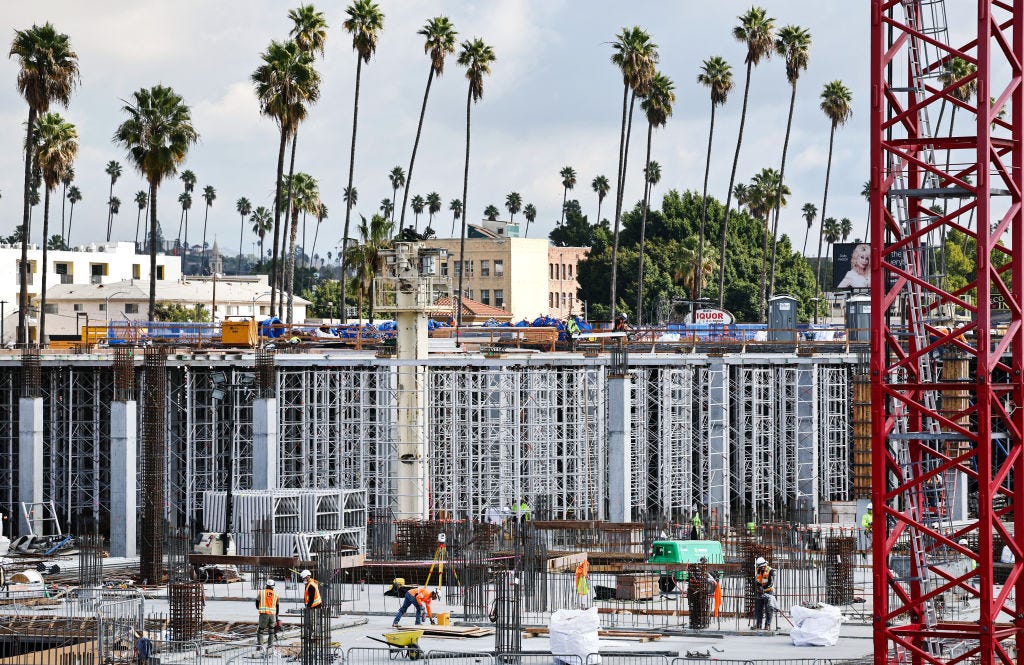FREE FOR ALL: How to lower the rent
Learning to love building, and solving the affordable housing crisis — and embracing abundance
The rent is too damn high.
To put that in wonky terms, the shortage of affordable housing costs the U.S. some $2 trillion a year. In less wonky terms, this crisis limits freedom, keeping people from living where they like, taking jobs they might enjoy, and creating the lives they want. Housing hits people where they live — because it is entirely about w…




